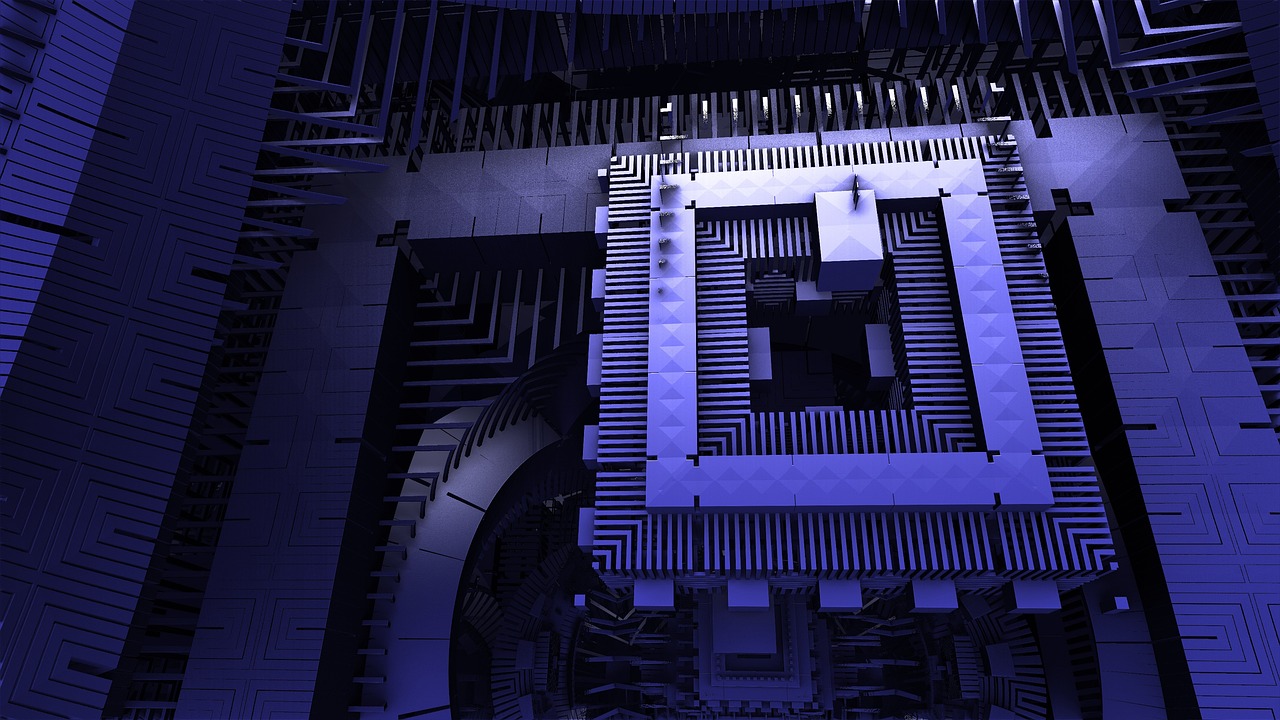The Evolution of Biometric Security: Facial Recognition, Fingerprint Scanning, and Behavioral Analysis
Biometric security has come a long way in recent years, evolving from rudimentary fingerprint scanning to sophisticated facial recognition and even behavioral analysis. These advancements have revolutionized the way we secure our devices, access our data, and authenticate our identities. In this article, we will explore the evolution of biometric security technologies and how they have reshaped the landscape of digital security.
The Rise of Fingerprint Scanning
Fingerprint scanning is one of the oldest biometric security technologies, dating back to the late 19th century. However, it wasn’t until recent years that fingerprint scanning became widely adopted for security purposes. Today, fingerprint sensors can be found on smartphones, laptops, and even door locks, providing a convenient and secure way to authenticate users.
The Emergence of Facial Recognition
Facial recognition is one of the most exciting developments in biometric security. By analyzing the unique patterns of a person’s face, facial recognition systems can accurately identify individuals in real-time. This technology is being used in airports, border crossings, and even smartphone unlocking, providing a seamless and secure user experience.
Behavioral Analysis: The Future of Biometric Security
While fingerprint scanning and facial recognition have become mainstream, behavioral analysis is poised to be the next big thing in biometric security. By analyzing how users interact with their devices, such as typing patterns, mouse movements, and even voice intonations, behavioral analysis can create a unique user profile for enhanced security.
The Integration of Biometric Security
As biometric security technologies continue to evolve, we are seeing a greater integration of these technologies into everyday devices. From smartphones to laptops to smart home devices, biometric security is becoming the standard for authentication and access control. This integration not only enhances security but also improves user experience by eliminating the need for cumbersome passwords and PINs.
Challenges and Concerns
Despite the many benefits of biometric security, there are also challenges and concerns that come with these technologies. Privacy concerns, data security, and the potential for misuse are all important factors to consider when implementing biometric security systems. As these technologies continue to advance, it is crucial to address these issues to ensure a secure and ethical digital environment.
The Future of Biometric Security
Looking ahead, the future of biometric security is bright. Advancements in artificial intelligence, machine learning, and biometric sensors will continue to drive innovation in this field. From iris scanning to gait recognition to even DNA analysis, the possibilities for biometric security are endless. As we move towards a more connected and digital world, biometric security will play an increasingly vital role in safeguarding our data and identities.
FAQs
What is biometric security?
Biometric security is a technology used to authenticate and identify individuals based on their biological or behavioral traits. This can include fingerprints, facial features, voice patterns, and even typing styles.
How secure is biometric security?
Biometric security is considered to be highly secure, as it relies on unique biological traits that are difficult to replicate or steal. However, like any security technology, biometric systems are not immune to vulnerabilities and risks.
Can biometric data be hacked?
While biometric data is generally more secure than traditional passwords, it is not immune to hacking. Biometric data can be stolen, replicated, or even spoofed by malicious actors. It is important to safeguard biometric data with strong encryption and authentication measures.
What are the benefits of biometric security?
Biometric security offers numerous benefits, including convenience, accuracy, and enhanced security. Biometric systems eliminate the need for passwords, reduce the risk of identity theft, and provide a seamless user experience.
Are there any drawbacks to biometric security?
While biometric security offers many advantages, there are also drawbacks to consider. These can include privacy concerns, data security risks, and the potential for misuse of biometric data. It is important to weigh these factors when implementing biometric security systems.





